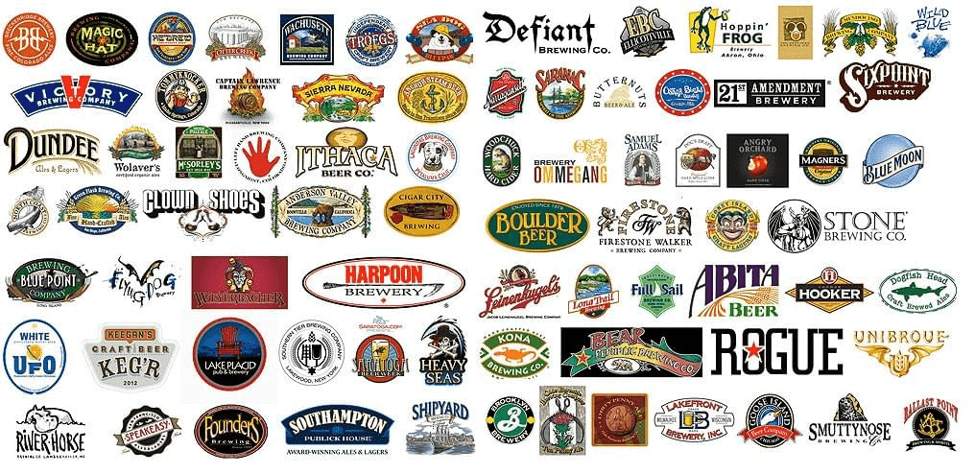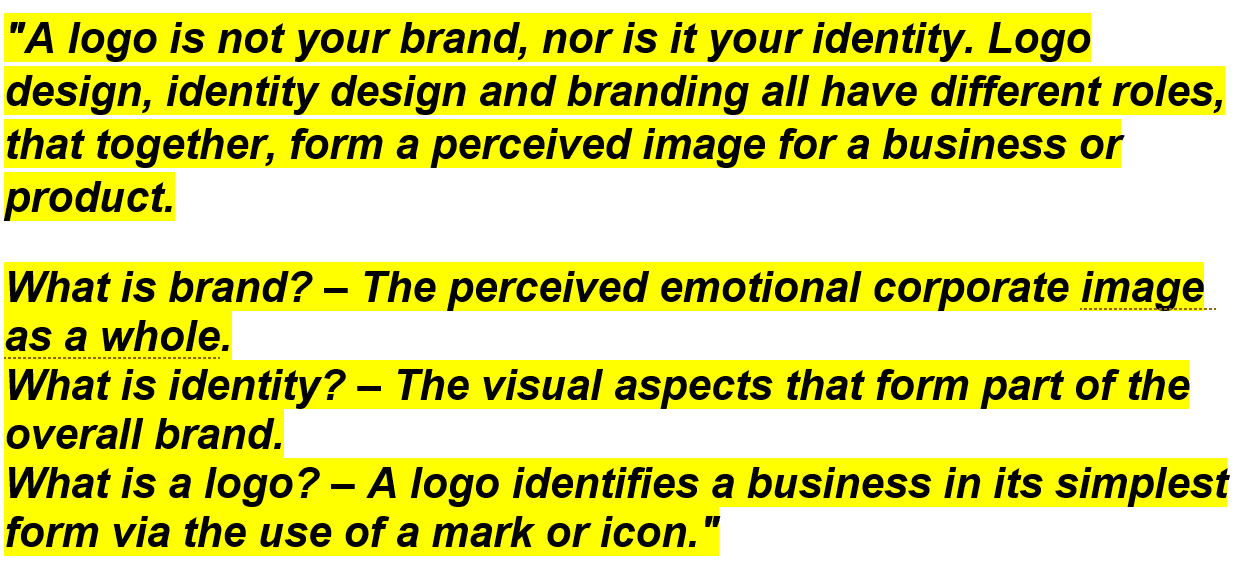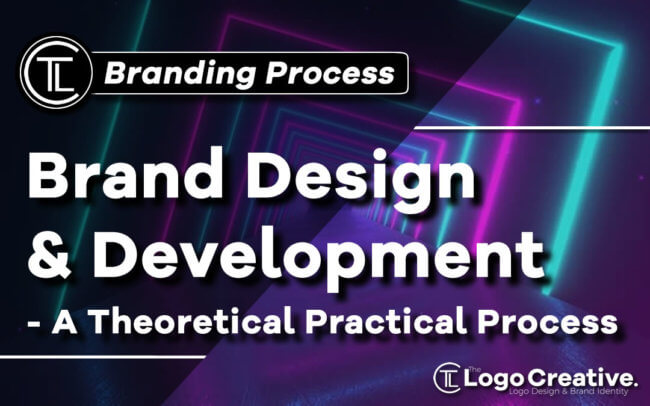
Every process of development that leads to a brand should be considered. Knowing the brand socially, for example, helps with understanding its personality, likes and dislikes. Every detail, no matter how small, can help with development. No one builds a brand, we define them. Join us in this article as we discuss Brand Design & Development – A Theoretical Practical Process

– Yo Santosa, ferroconcrete.com.
By researching and understanding the brand’s foundation, the end results will make sense. A brand’s identity is not created by the designer, but by its customers. A designer’s job is to simply create the visual aids as far as an identity system goes. A logo is not an identity, it’s a symbol that represents a company’s and the brand’s mindset, it requires support. Brand development involves a lot more outside of an identity system and visual presence, it involves business and product development in order to define a personality and belief system, ultimately creating a defined experience with the target audience.


In order to stand out, we must find the commonality and variables between brands within the same industry. By applying these results to the development process the tone of the brand will be defined for any other branding element and marketing strategy required, such as packaging and advertising.
‘Modern’ does not always mean minimal. A contemporary approach is simply staying current. However, the creative must stand the test of time thus being progressive. To achieve a contemporary feel for today’s market, trendy is not always the best direction, instead iconic elements are identified while utilizing minimalist methods.

– Jacob Cass from justcreative.com

There’s a wide range between the low-end and high-end costs involved to build a professional brand, especially for it to compete on a local or regional level. The high-end costs allow a powerful brand to flex its muscle nationally or internationally.
When doing a check on the costs to your business, avoid the temptation to cross out certain items because you think you can handle them on your own to avoid outside costs. Businesses that start with do-it-yourself logos and presentation materials achieve false results. They may cover the front end, but they also lose the benefit of a strong, competitive, professional first impression.
Websites and companies that offer instant brand identities are only claiming to save the business money. At some point as the business grows, in order to compete the right investment will have to be made.

If the goal is to build a brand that can grow, leverage, and possibly sell in the future, invest the money required to get up and running to a good start. When the time comes for you to gradually write off the initial cost of expenses, the cost will be minimal in comparison to the value received.
In other words, a house needs to be built on a strong foundation, or there won’t be a house for very long.
If you don’t have the budget to develop a powerful brand identity, put your efforts into designing and delivering a consistent brand experience:
- Spend extra time and effort to define your brand, think about what it stands for so that everyone in your organization knows exactly the promise you’re making and keeping. Defining your brand involves creating your mission and vision statements, defining your brand promise, developing your brand definition and core brand message, and deciding on the brand character or personality that you’ll put forth with every brand communication.
- Develop a brand experience that never fails or fluctuates. If you can’t have the most dazzling brand identity and presentation, aim instead to have the most amazing and amazingly consistent brand encounters.
– HOW MUCH DOES BRANDING COST? By Bill Chiaravalle, Barbara Findlay Schenck – Purchase Here!
When people choose your company, they really buy into your brand. How you define and deliver your brand determines the ultimate value and success of your business. View branding not as an expense but as an investment that delivers value over the long haul. Brand is not tangible, its value is equivalent to the successes of the business.

When branding a company, the most pressing issues are not always the most important ones. There may be an upcoming trade show, a meeting with potential investors, or a potential trademark conflict. These urgent mandates can often obscure the overarching need to properly position your company in your industry. In a rush to brand your company, you may end up with a company name that you can use at a trade show, present to investors, and pass through trademark, but it may not reflect your core value proposition, the very thing that makes your company unique and compelling.
- Align Your Brand With Your Core Strength
- Why Do Your Customers Choose You?
- Think Long Term
When it comes to re-branding, while keeping a brand’s original sensibilities; you’re also presenting customers with a new logo and packaging among other things that appeals to them, but most importantly, represents a changed mindset not simply changing symbols and visuals. Doing this means it still has to be relatable to customers and represent the company in a defined way.

You are the parent and your brand is your child. It’s important to define the personality of your brand, so others can treat it and see it the way you intend it to be. It’s always good to build a brand that can not only compete locally but internationally. You never know what the future may hold, but why settle for just the neighbourhood?
Perceive brand as a person, branding is a belief system, it has a personality that communicates this. If you wish the best for your child, then the natural thing to do is to guide it while allowing that child to be their truest self.
Quality business and product devolvement is the first step, you must know what you’re trying to brand. Then focus on defining and leveraging your differences, benefits and objectives – Define the brand, define the marketing, sell the solution. With this approach, you are confident the business and products are great, so no need to try to sell those, they will prove themselves to the consumer.

Looking to learn Brand Strategy? Checkout Brand Master Secrets – Through 120 videos, and 20 hours of learning you will be able to Build strategic brands, grow your exxpert profile and command premium fees. Its one of the most comprehensive and best value courses on the market in our professional opinion. including all the tools, worksheets, systems and processes to help you become a specialist in the field and earn the fees the the big agencies charge.
Useful Links & Great Deals
- The Equipment We Use & Recommend
- Quality Design Bundles
- Get 2 Months free Skillshare
- Get an Exclusive 20% off Logo Package Express
- Learn Logo Design Online
 Author Bio
Author Bio
Phillip J. Clayton is a brand design consultant, and visual artist. Founder of PJClayton Creative, a brand consulting and design agency. The company’s partners and I are as we say it, “Organically brand passionate”. We believe in brands, we believe in people, we believe that the two are holistically integrated and are built on belief systems, integrated living.


